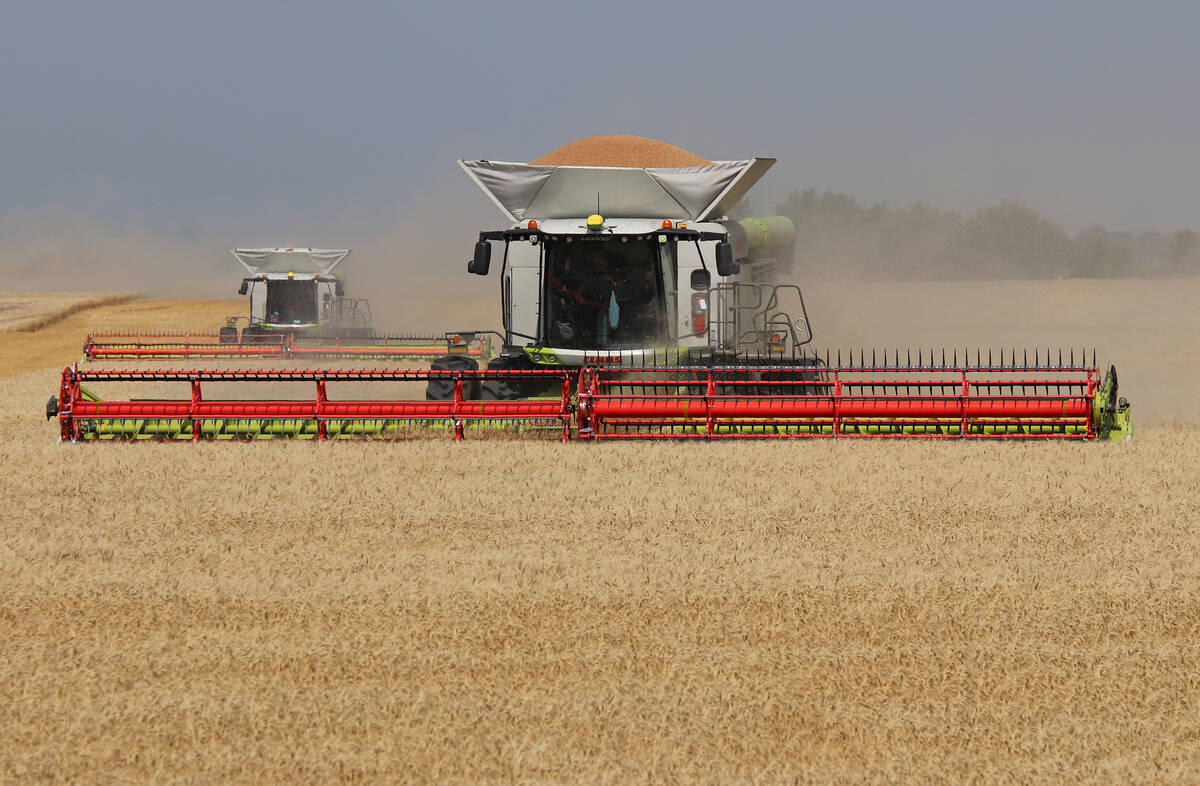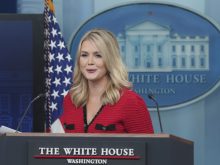MONTREAL — Do you know much about the so-called “rules-based international order?”
You should. You’re probably one of its champions and shining stars.
Canadian farmers (in free market industries) are outstanding examples of producers who can grow and raise commodities that are among the world’s best and get them to customers around the world at competitive prices.
They rely on the rules-based international order that arose after the Second World War, in which organizations like the United Nations, the North Atlantic Treaty Organization and the World Trade Organization were born and raised.
Read Also

China’s grain imports have slumped big-time
China purchased just over 20 million tonnes of wheat, corn, barley and sorghum last year, that is well below the 60 million tonnes purchased in 2021-22.
In that order, which flourished for decades, middle powers like Canada, and small players like prairie farmers, could operate with some assurance that if they did something well and good, they would have every chance of success.
That world order is now under assault by big players around the world, but it is possible to push back and win on secondary fronts, even if big players seem to be going the other way.
That was the message of Canada’s Foreign Affairs Minister, Chrystia Freeland, to the Canadian Crops Convention last week in Montreal, and it was a heartening push back against the pessimism gripping so much of the world today.
“I think … as a country we rightly have confidence (that) in a competitive free-trading world economy, we’re going to do really well, because we’re innovative and we work hard and we have great natural resources,” said Freeland.
Some places in the world have become harsh toward free trade, she acknowledged.
“This is certainly the most protectionist international environment of my lifetime. I think it’s probably the most protectionist time since the Great Depression, and for Canada that poses real challenges,” said Freeland.
Rather than get pessimistic or defensive, Freeland has taken on the challenges and looked for opportunities for Canadian trade.
In renegotiations for the North American Free Trade Agreement she withstood much White House pressure and was badmouthed by United States President Donald Trump.
“We don’t like their representative very much,” Trump quipped.
But regardless, Canada managed to get expanded access for margarine in the new deal, she noted to the canola oil crowd.
The WTO has bogged down and progress there is tough these days, she said in an on-stage chat with Canola Council of Canada president Jim Everson.
But that doesn’t mean the world is reduced to mere horse-trading and bilateral deals.
Everybody thought the Trans-Pacific Partnership would die when the U.S. withdrew after Trump was elected. It didn’t, and now other countries are asking to be allowed in.
“I think the movement ahead with plurilateral agreements and working on specific issues with likeminded countries in ways that are open to everybody else, is really, really important,” said Freeland.
(I looked it up: “Plurilateral” does, in fact, appear to be a legitimate word.)
I enjoyed hearing Freeland because she is that rarest of things: a politician who is an actual intellectual. She loved talking about trade and agriculture. I chalk that up to her long and successful career as a journalist in the United Kingdom, the U.S. and Canada, and politics hasn’t spoiled that yet. It also helps that she comes from a farming family in the Peace River country.
But the best element of her appearance at the Canadian Crops Convention was in her call-to-arms for the “rules-based international order.”
It might seem to be taking some body blows right now, but there are successes like the TPP, the survival of NAFTA and the Canada-EU trade deal, so if everybody’s feeling pessimistic, it might be time to stand back, look at all the developments of the past few years, and put some faith in the rules-based international order.















